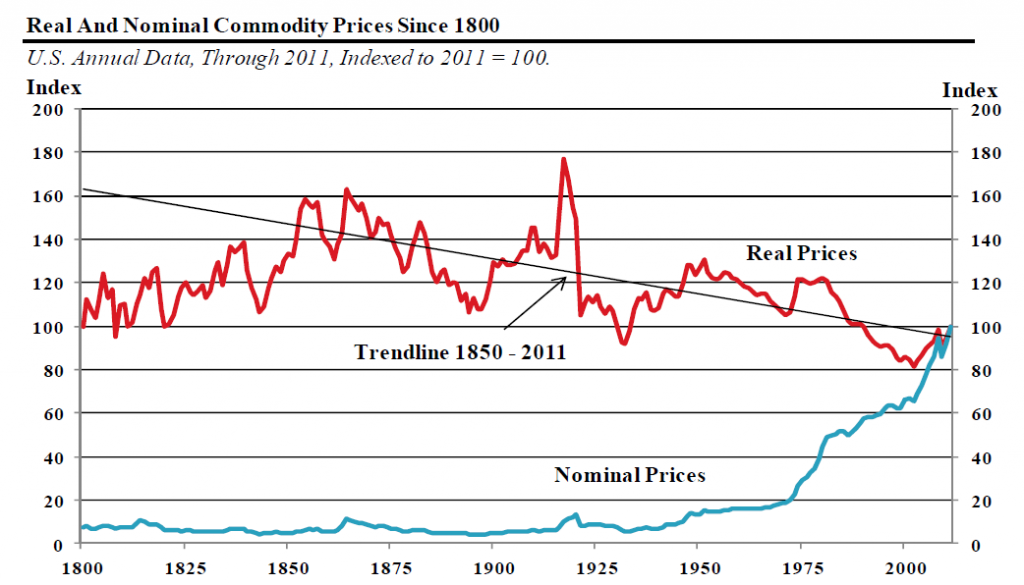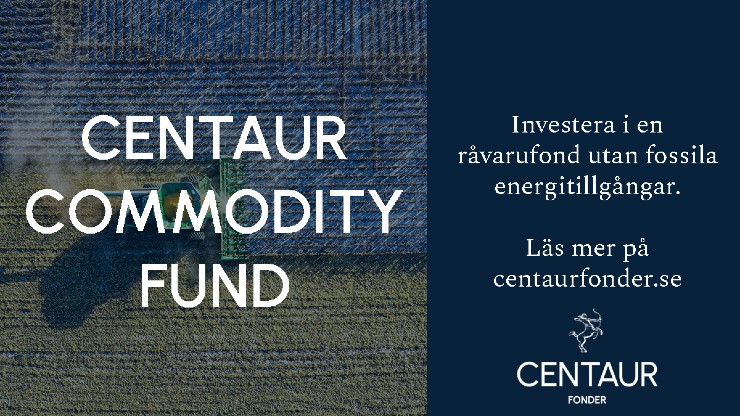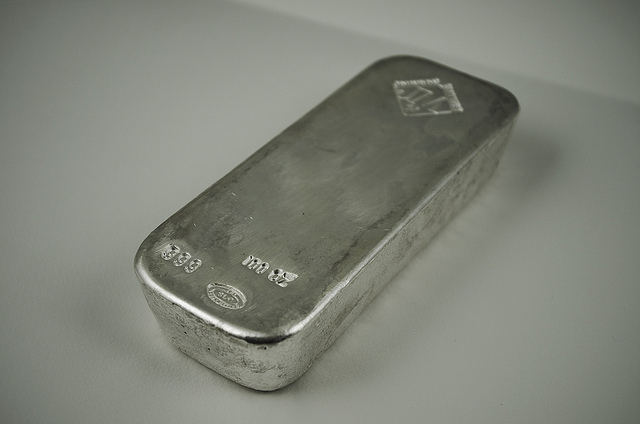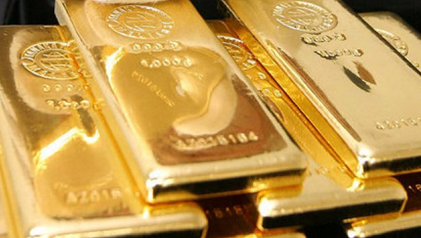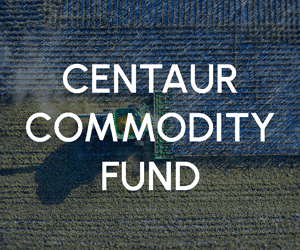Nyheter
A simple route to ruin
Caveat Emptor
 At commodities investment and mining conferences, in bank and broker reports, in coffee shops and airports, people repeat the same bromide: Ever increasing populations and rising global incomes and wealth inexorably means that in the long run commodities prices must rise.
At commodities investment and mining conferences, in bank and broker reports, in coffee shops and airports, people repeat the same bromide: Ever increasing populations and rising global incomes and wealth inexorably means that in the long run commodities prices must rise.
Unfortunately for investors seeking simple routes to riches, this pater noster falls readily in the face of both historical, empirical evidence and economic theory. Real, inflation-adjusted commodity prices have been cut in half since around 1850, even as populations rose seven-fold, global GDP expanded 85 times, and consumption of most commodities increased exponentially.
The world’s population rose seven-fold, from around one billion in 1850 to seven billion today. The population is projected to continue rising, but the growth rate in the world’s population has been and is continuing to slow dramatically, putting less pressure on demand in the future than has been seen over the past 160 years.
World total wealth meanwhile has risen even more dramatically. Global real gross domestic product was around $694 billion in 1820 and $1 trillion in 1870 (in 1990 dollar terms). It is around $72 trillion in 2012.
So, the world’s population has risen sevenfold since 1850 while the global economy today is 85 times larger than it was then, and commodities prices are half of what they used to be, adjusted for inflation. The empirical evidence suggests that just because the world’s population and wealth appear likely to expand in the future, it does not mean at all that commodities prices must rise as well.
Economic theory backs the historical record. Theoretically industrialization should lead to even greater increases in the output of most commodities, at lower prices, with increased discovery and recovery rates, and lower discovery and development costs, for metals and energy resources due to technological advances. This is exactly what has happened. The world’s population has exploded and overall wealth has risen sharply. These increases have led to increased total demand for commodities. Even so, prices have fallen in the long run. Markets do not always respond to the most simple analyses, a point producers, investors, and others should heed.
[box]Denna analys är producerad av CPM Group och publiceras med tillstånd på Råvarumarknaden.se.[/box]
Disclaimer
Copyright CPM Group 2012. Not for reproduction or retransmission without written consent of CPM Group. Market Commentary is published by CPM Group and is distributed via e-mail. The views expressed within are solely those of CPM Group. Such information has not been verified, nor does CPM make any representation as to its accuracy or completeness.
Any statements non-factual in nature constitute only current opinions, which are subject to change. While every effort has been made to ensure that the accuracy of the material contained in the reports is correct, CPM Group cannot be held liable for errors or omissions. CPM Group is not soliciting any action based on it. Visit www.cpmgroup.com for more information.
Nyheter
USA ska införa 50 procent tull på koppar
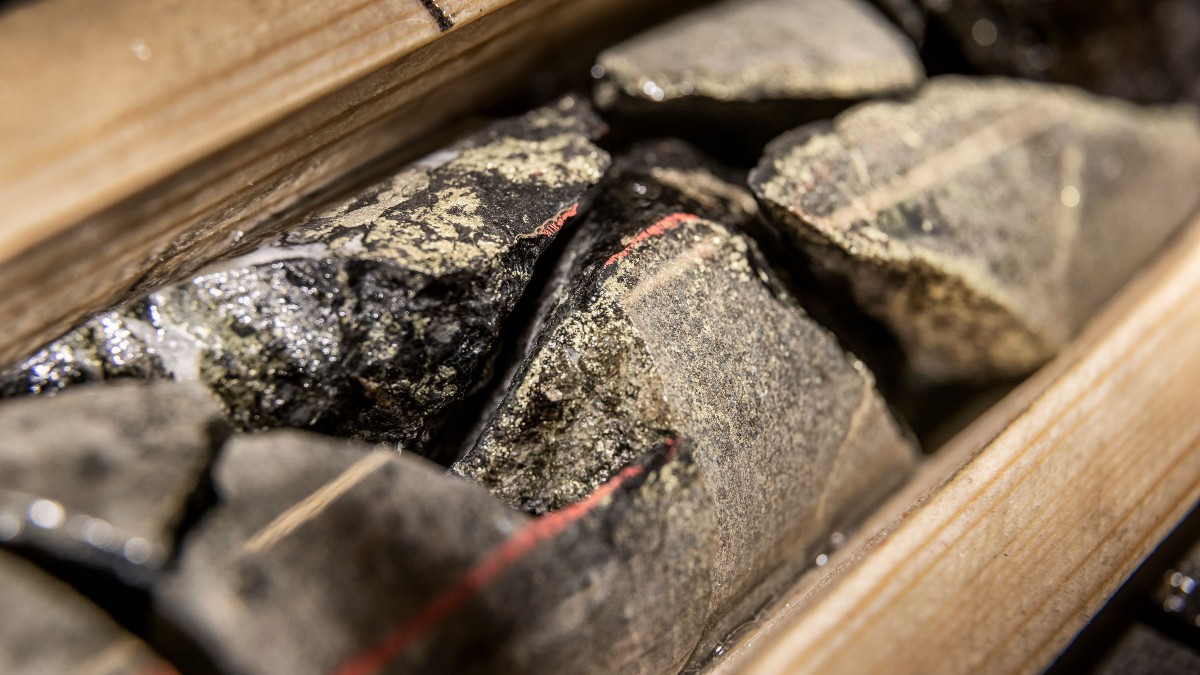
USA:s president Donald Trump har precis meddelat att landet ska införa en tull på 50 procent på basmetallen koppar. Priset på råvarubörsen i USA stiger omgående med 10 procent.
USA har viss inhemsk produktion av koppar, men den inhemska efterfrågan överstiger produktionen. Därför måste landet importera koppar för att täcka behovet, särskilt för användning inom elnät, elektronik, byggindustri och fordonssektorn. De största exportörerna till USA är Chile, Kanada, Mexiko och Peru.
När tullar av denna typ införs uppstår prisskillnader i världen. Handlar man koppar på börsen är det därför viktigt att veta vilken börs man handlar på eller om man använder certifikat så är det viktigt att veta vilka underliggande värdepapper de följer.
Sedan är det som alltid med Trump, begreppet är som bekant TACO, Trump Always Chickens Out. Man ska alltså inte ta några definitiva stora beslut baserat på vad han säger. Saker och ting kan ändra sig från dag till dag.
Nyheter
Ryska staten siktar på att konfiskera en av landets största guldproducenter
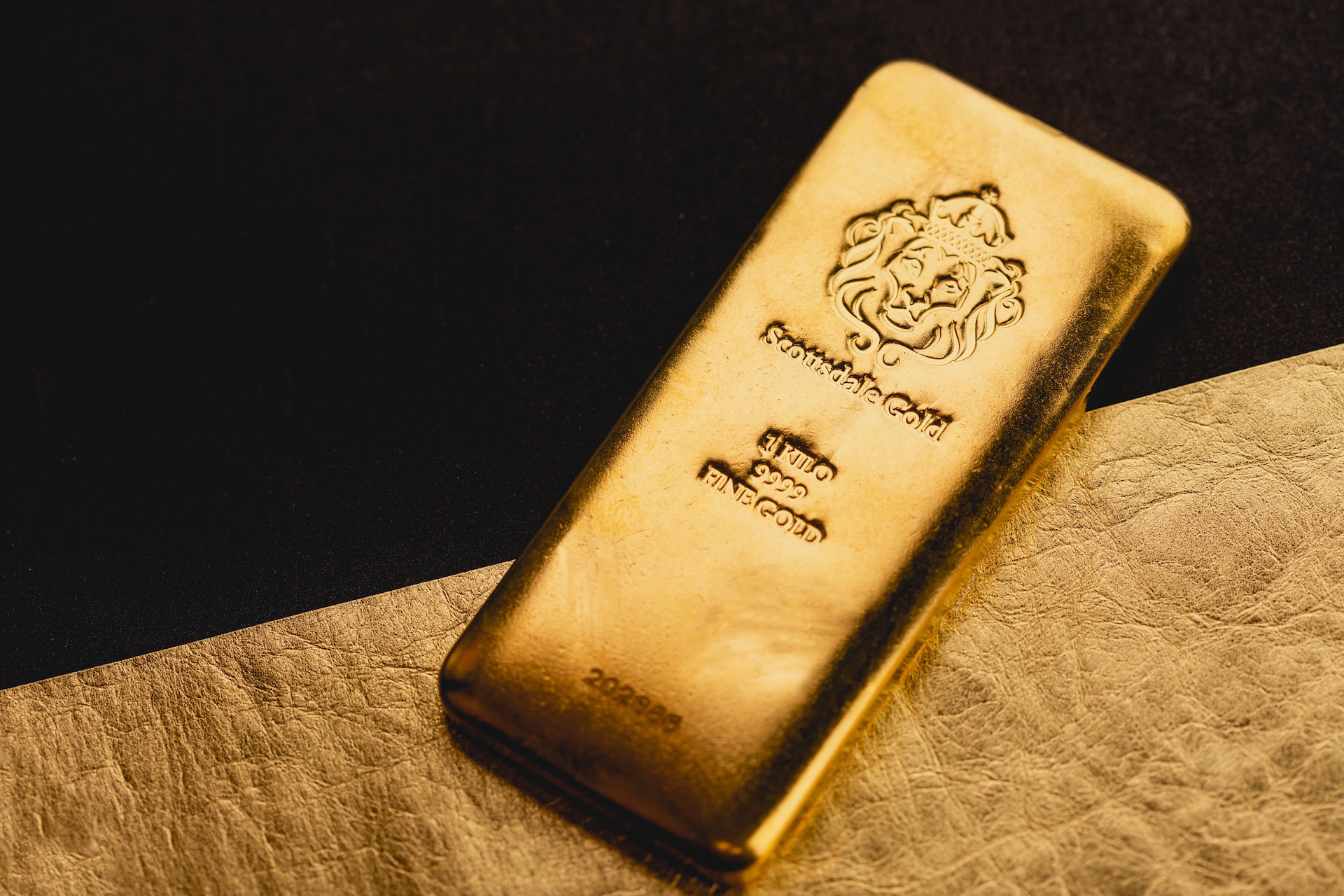
En våg av panik sprider sig bland Moskvas elit sedan Vladimir Putins regim inlett en dramatisk offensiv för att beslagta tillgångarna hos Konstantin Strukov – en av Rysslands rikaste affärsmän och ägare till landets största guldgruvföretag, Yuzhuralzoloto. Åtgärden ses som ett tydligt tecken på hur långt Kreml är villigt att gå för att säkra ekonomiska resurser i takt med att kostnaderna för kriget i Ukraina stiger.
Strukovs förmögenhet, som uppskattas till över 3,5 miljarder dollar, byggdes upp under decennier i nära relation med maktens centrum i Ryssland. Men den 5 juli stoppades hans privatjet från att lyfta mot Turkiet. Enligt flera ryska medier deltog den federala säkerhetstjänsten FSB i ingripandet, och Strukovs pass beslagtogs. Händelsen ska vara kopplad till en omfattande rättsprocess där åklagare kräver att hela hans företagsimperium förverkas – med hänvisning till påstådd korruption och användning av skalbolag och familjemedlemmar för att dölja tillgångar.
Företaget själva förnekar att något inträffat och kallar rapporteringen för desinformation. De hävdar att Strukov befann sig i Moskva hela tiden. Trots det bekräftar rättsdokument att både han och hans familj förbjudits att lämna landet, och att myndigheterna snabbt verkställt beslutet.
Det som nu sker är en del av ett större mönster i ett Ryssland präglat av krigsekonomi: staten tar tillbaka kontrollen över strategiska sektorer som guld, olja och försvarsindustri – industrier som nu allt mer mobiliseras för att finansiera och stödja krigsinsatsen. Intressant nog handlar det inte om att Strukov ska ha varit illojal mot regimen – tvärtom har han varit en lojal allierad, med politiska uppdrag knutna till Putins parti. Men lojalitet räcker inte längre som skydd.
Medan tidigare utrensningar ofta riktade sig mot krigskritiker eller de som flydde landet, drivs dagens tillgångsövertaganden av något mer fundamentalt: ekonomisk nöd. De växande sanktionerna har nästan helt strypt inflödet av utländskt kapital. Statens oljeintäkter minskar och budgetunderskotten växer. Putins lösning är att vända sig inåt – till de oligarker han själv lyfte fram – för att fylla statskassan.
Det här är inte ett enskilt fall. På senare tid har flera framstående affärspersoner hamnat i plötsliga rättsliga tvister, omkommit under mystiska omständigheter eller sett sina bolag tas över av staten. Den oskrivna överenskommelsen som länge gällde i Putins Ryssland – rikedom i utbyte mot lojalitet – håller på att kollapsa.
Den 8 juli väntar en rättsförhandling som kan avgöra framtiden för Strukovs affärsimperium. Men budskapet till Rysslands näringslivselit är redan tydligt: ingen är för rik, för lojal eller för nära den politiska makten för att gå säker. I ett Ryssland där kriget kräver allt större uppoffringar riskerar oligarker att snabbt förvandlas till måltavlor.
Nyheter
Hur säkrar vi Sveriges tillgång till kritiska metaller och mineral i en ny geopolitisk verklighet?
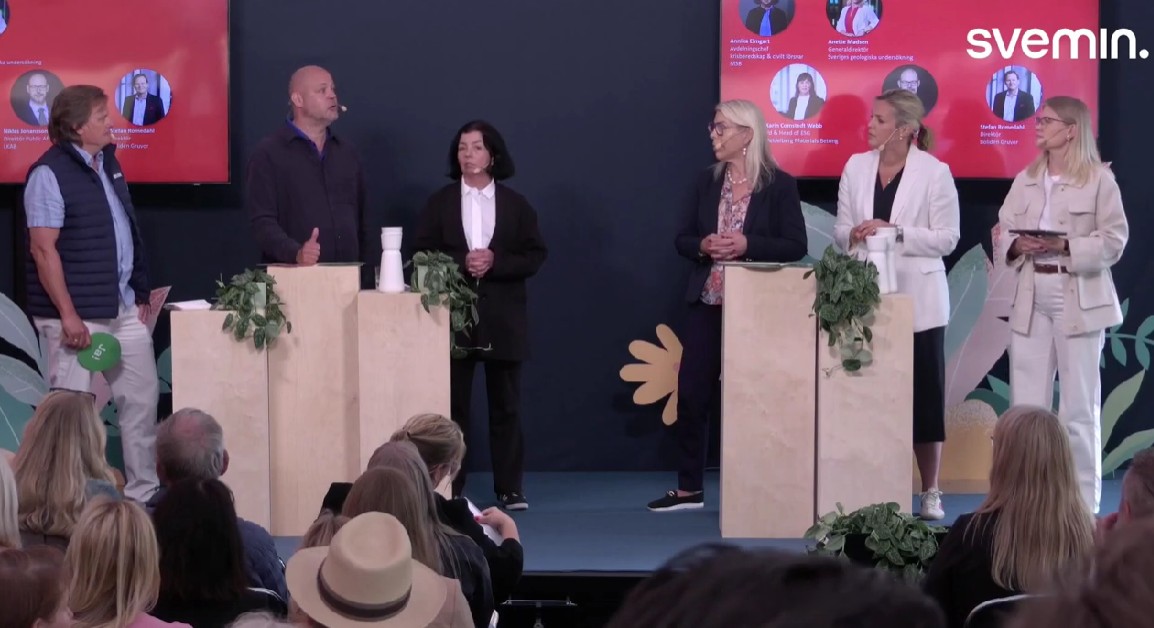
När världsläget förändras ställs Europas beroende av metaller och mineral på sin spets. Geopolitiska spänningar, handelskonflikter och ett mer oförutsägbart USA gör att vi inte längre kan ta gamla allianser för givna. Samtidigt kontrolleras en stor del av de kritiska råvarorna vi är beroende av av andra makter – inte minst Kina. Vad händer med Sveriges industriella förmåga i ett läge där importen stryps? Hur påverkas försvarsindustrin av Kinas exportrestriktioner? Är EU:s nya råvarupolitik tillräcklig för att minska sårbarheten – eller krävs ytterligare statliga insatser och beredskapslagring? Svemin anordnade den 25 juni ett seminarium som bestod av bestod av deltagare från myndigheter, politik och industri. Man diskuterar Sveriges och EU:s strategiska vägval i en ny global verklighet – och vad som krävs för att säkra tillgången till metaller när vi behöver dem som mest.
-
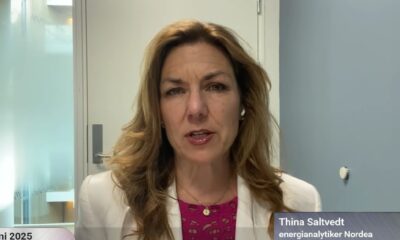
 Nyheter4 veckor sedan
Nyheter4 veckor sedanUppgången i oljepriset planade ut under helgen
-

 Nyheter3 veckor sedan
Nyheter3 veckor sedanMahvie Minerals växlar spår – satsar fullt ut på guld
-

 Nyheter4 veckor sedan
Nyheter4 veckor sedanLåga elpriser i sommar – men mellersta Sverige får en ökning
-

 Nyheter2 veckor sedan
Nyheter2 veckor sedanOljan, guldet och marknadens oroande tystnad
-

 Nyheter2 veckor sedan
Nyheter2 veckor sedanJonas Lindvall är tillbaka med ett nytt oljebolag, Perthro, som ska börsnoteras
-

 Analys4 veckor sedan
Analys4 veckor sedanVery relaxed at USD 75/b. Risk barometer will likely fluctuate to higher levels with Brent into the 80ies or higher coming 2-3 weeks
-

 Analys3 veckor sedan
Analys3 veckor sedanA muted price reaction. Market looks relaxed, but it is still on edge waiting for what Iran will do
-

 Nyheter2 veckor sedan
Nyheter2 veckor sedanDomstolen ger klartecken till Lappland Guldprospektering


